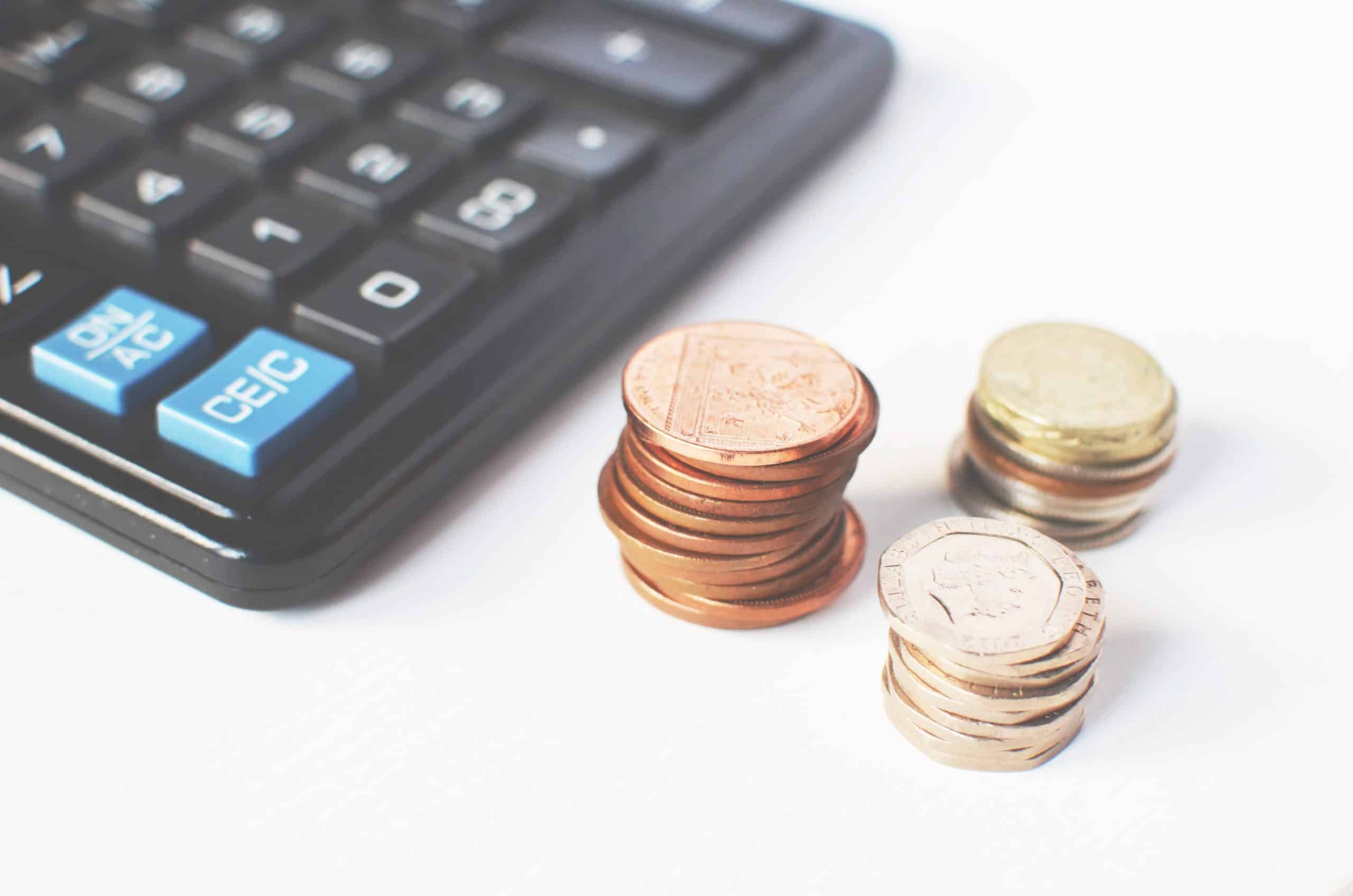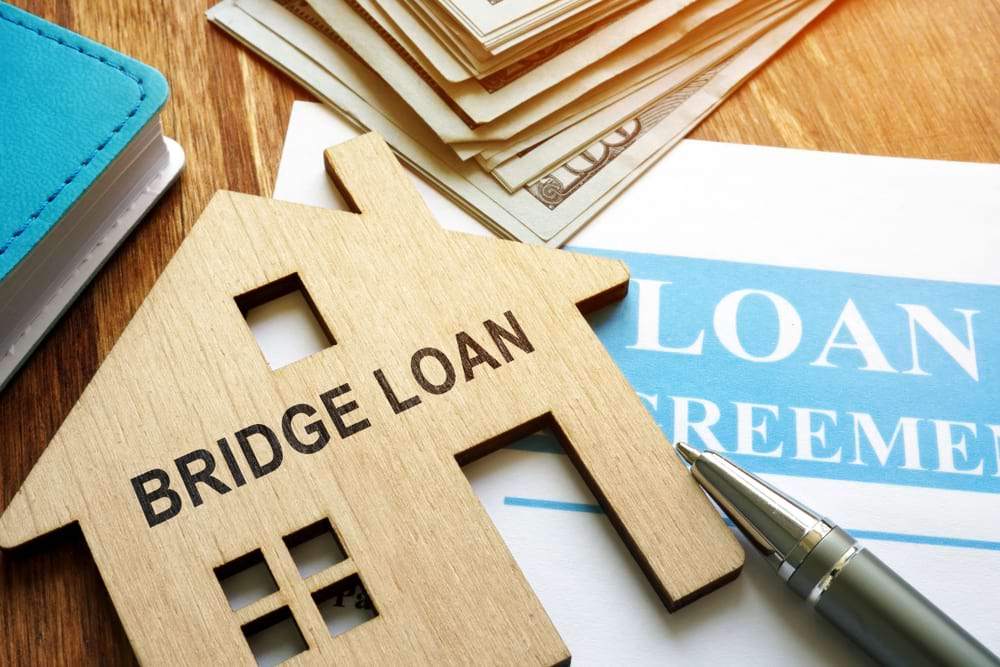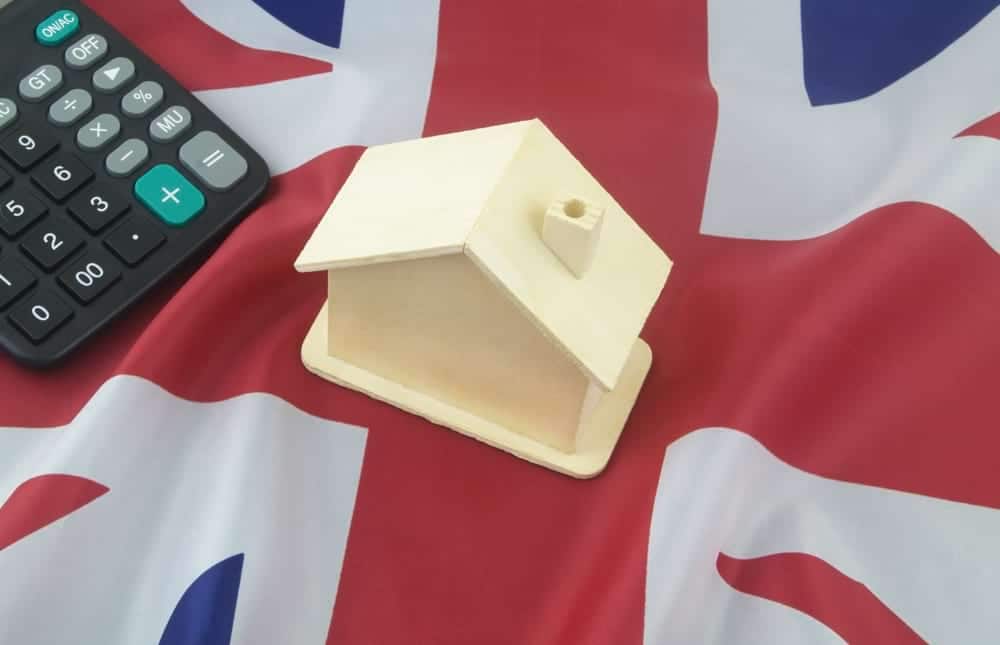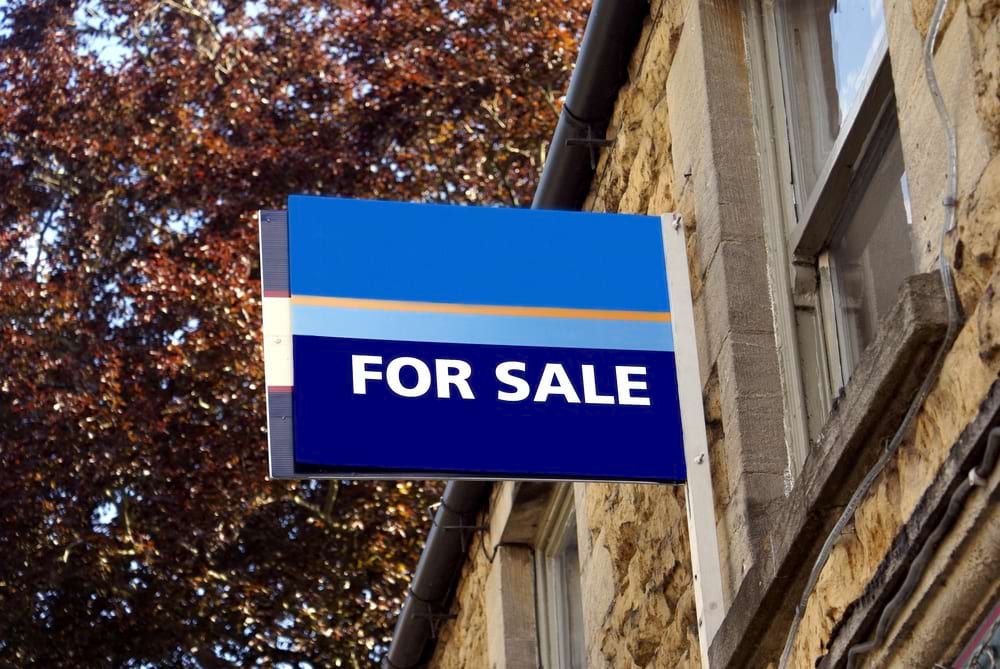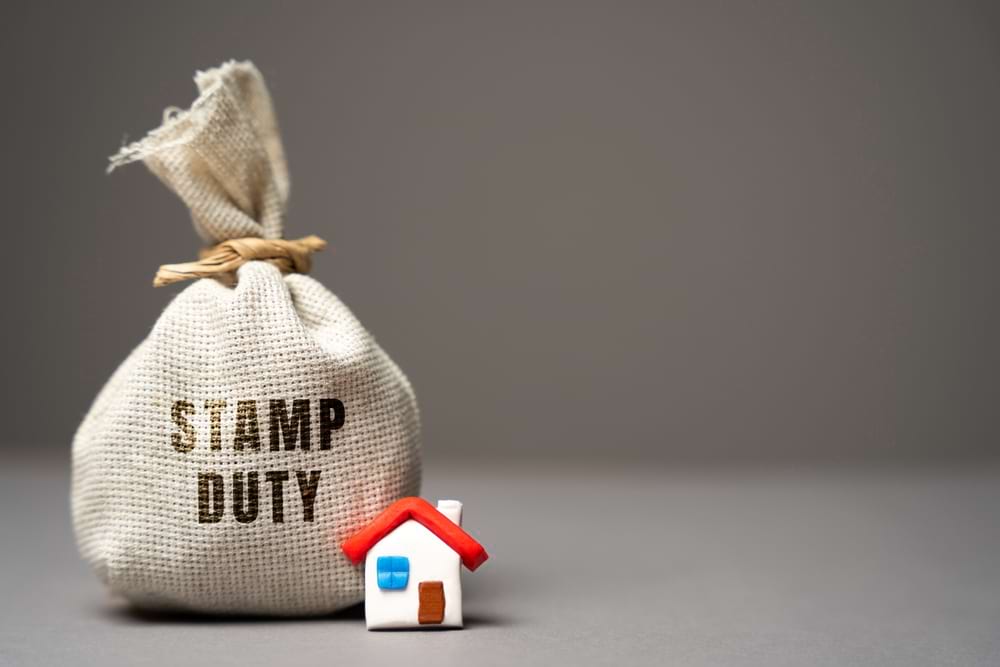Many house buyers struggle to get a mortgage.
What’s less known is that other struggle to leave a mortgage early, even if they have enough money to do so.
This is often down to early repayment charges.
Read on to find out what they are and how to avoid them.
What is an early repayment charge?
An early repayment charge (ERC) is a charge for paying off a mortgage or leaving a mortgage deal earlier than originally agreed with the lender.
When you take out a mortgage you commit to it for a certain amount of time. This is usually between 2 and 5 years.
During this period you’ll often benefit from a discounted interest rate. So, Lenders apply early repayment charges to most of their mortgage deals, to stop them losing out on interest payments they would have been paid.
How much are early repayment charges?
Early repayment charges are usually is between 1% and 5% of the amount you overpay or all that is left on your account if you move to a new provider.
It is staggered, so if you have a five-year deal the ERC could be 5% during the first year of that deal, 4% during the second and so on.
ERCs are applied if you pay off an amount over the agreed repayment plan during the initial mortgage period, whether you pay off the whole mortgage off or part of it.
Some contracts allow you to pay a certain amount, often 10%, above the agreed repayment.
Mortgages are often large, which means ERCs can be very expensive.
Example early repayment charge
For example, say the ERC is 3% and you pay off a £200,000 mortgage in full or move it to another lender, assuming you’re allowed to overpay by 10% the cost would be 3% of £180,000 which is £5,400.
If you overpay a portion of your mortgage you’ll only be charged for that portion.
So, if you pay back £30,000 of a £200,000 mortgage, given that you can pay back 10% without a fee you will be charged 3% on £10,000, which is £300.
When to consider paying the early repayment charge
There are times when it may be worth paying an early repayment charge.
For example, if you are able to move onto a deal with a much lower interest rate that brings your monthly repayments down to such an extent it will, in the long run, make up for paying the ERC.
You’ll need to look carefully at your figures and take into account the charges that come with arranging a new mortgage when you work out whether it’s your best option.
Talking to a mortgage advisor or broker will give you a well rounded view of the pros and cons of moving your mortgage.
If your mortgage is relatively small and you want to quickly release funds by selling your home it might be worth paying the ERC.
This can help if you’re in a challenging financial situation.
The costs of insolvency through mechanisms such as an individual voluntary arrangement or bankruptcy are high and each one has wider repercussions, including on your ability to borrow money in the future. Paying an ERC may be the better option.
Can you avoid paying an ERC?
As long as you stick to the mortgage deal you signed up to you won’t have to pay an early repayment charge.
If you do want to overpay your mortgage, double check your contract to make sure you’re permitted to do so and what limits there are on how much you can overpay.
If you move home, you can port your mortgage deal rather than arrange a new one. That means, as long as your lender agrees, you can transfer your current deal to your new home without paying an ERC.
When your initial mortgage deal and its discounted interest rate is coming to an end, it’s important to arrange a new deal.
This ensures you do not move onto your current lender’s standard variable rate (SVR), which is likely to be a lot higher. When you do this, make sure your new mortgage deal starts after your current one ends, to avoid the ERC.
Getting help with mortgage payments
If you can’t pay your mortgage, considering selling your home but would be subject to a large charge, get in touch with your lender.
There are various ways they can help such as giving you a mortgage holiday or reducing your monthly payments to interest only.
In some circumstances the government will help pay the interest on your mortgage, but you must have no income and be receiving a benefit such as universal credit.
This support could help you get to the end of your deal, so you can then sell your home without incurring an ERC.
Working with us
We’ve been buying houses for more than three decades and have lots of experience dealing sensitively with challenging home selling situations. We can discuss your situation if you’re thinking about selling your home and need to do it quickly.
Because we’ll buy your home with our own cash funds we are never in an unpredictable chain, which means we can guarantee the date of completion – seven days after giving you an initial quote if necessary.
If you want to sell your house fast but avoid an early repayment charge, we can arrange for the sale to go through, and funds to land in your account, on the day your mortgage deal ends. Get in touch if you’d like to find out more.
